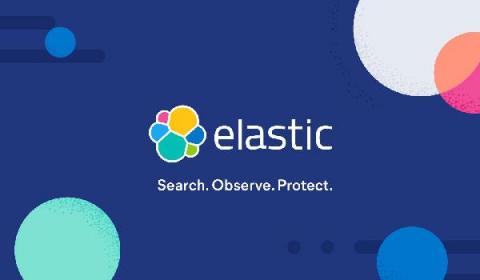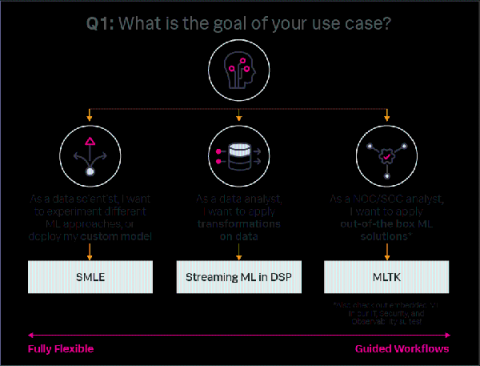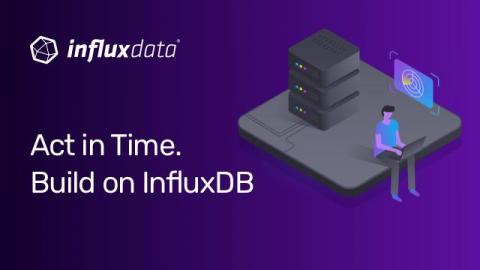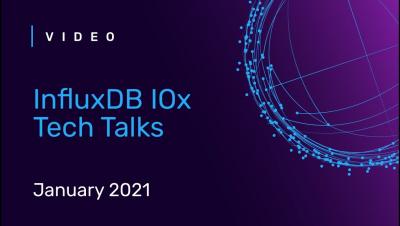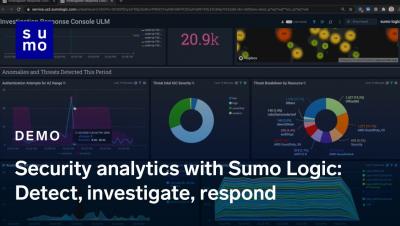Operations | Monitoring | ITSM | DevOps | Cloud
Analytics
How to Tune Search Relevance in Elastic App Search - Version 7.10
Doubling down on open, Part II
We are moving our Apache 2.0-licensed source code in Elasticsearch and Kibana to be dual licensed under Server Side Public License (SSPL) and the Elastic License, giving users the choice of which license to apply. This license change ensures our community and customers have free and open access to use, modify, redistribute, and collaborate on the code.
Machine Learning Guide: Choosing the Right Workflow
Machine learning (ML) and analytics make data actionable. Without it, data remains an untapped resource until a person (or an intelligent algorithm) analyzes that data to find insights relevant to addressing a business problem. For example, amidst a network outage crisis a historical database of network log records is useless without analysis. Resolving the issue requires an analyst to search the database, apply application logic, and manually identify the triggering series of events.
InfluxData closes 2020 with exponential cloud growth, expanding user base, and big new customers
SAN FRANCISCO — January 14, 2021 — InfluxData, creator of the time series database InfluxDB, today announced significant growth in 2020 across its cloud business, open source user base, and major new customers. Demand for the time series platform continued to climb across industry sectors, especially for IoT and data streaming use cases.
InfluxDB IOx Tech Talks - January 2021 edition
Security Analytics with Sumo Logic: Detect, Investigate, Respond
Not Another New Year's Resolution
I hope I’m not alone in starting 2021 with some sense of optimism. While several hard months remain ahead of us, I am hopeful and also expecting that some sense of normality will return by the summer months. Either way, this gives us an opportunity to reflect on the challenges we have faced. 2020 was testing. We learnt a lot about ourselves and our businesses in the most challenging of circumstances.
Building a scalable, easy-to-use web crawler for Elastic Enterprise Search
Indexing the web is hard. There’s a nearly infinite supply of misbehaving sites, misapplied (or ignored) standards, duplicate content, and corner cases to contend with. It’s a big task to create an easy-to-use web crawler that’s thorough and flexible enough to account for all the different content it encounters.
The Department of Defense Data Strategy: An Important Start
In early October 2020, the Department of Defense released its long-anticipated and much needed Data Strategy. This strategy is the latest installment under the Department’s Digital Modernization Strategy, which was released in July 2019, and focused on the key strategic pillars of enterprise cloud adoption, artificial intelligence, command, control, communications, cybersecurity, and IT reform.




